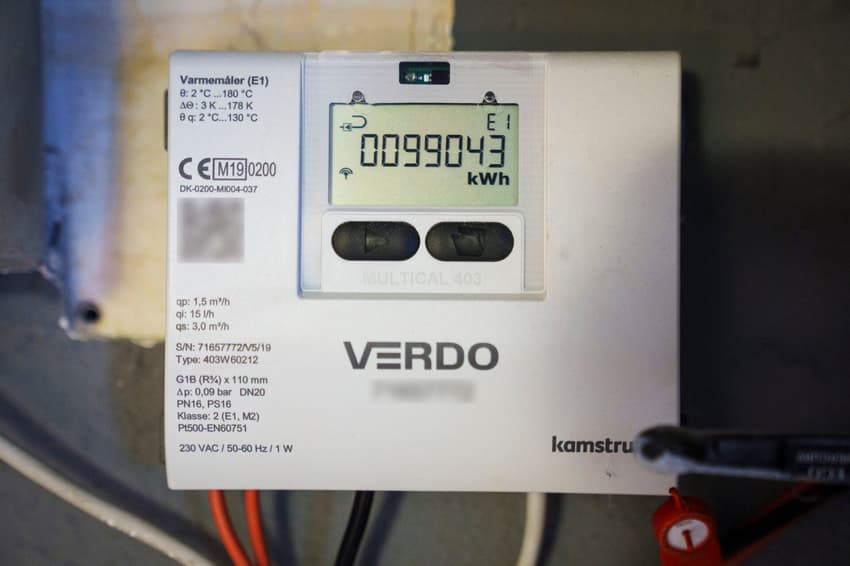Danish energy firm to allow customers to opt out of pre-paid bills

The Danish energy company Norlys is to allow customers to opt out of the so-called ‘aconto’ system by why energy consumption is paid for in advance.
The company’s 600,000 customers in Denmark will be allowed to pay for their actual anergy use by being billed in arrears, Norlys said in a press statement.
Currently, customers pay via so-called “aconto” or advanced billing, by which their consumption is estimated and paid for one or three months in advance.
Should they pay for more than they use, the difference is subtracted from subsequent bills or refunded. Additional use will be billed by the company.
The use of aconto bills to pay for energy is common practice in Denmark. Estimates are typically based on past consumption and expected energy prices.
“The energy crisis has resulted in considerably higher prices than we have been used to,” Norlys energy director Mads Brøgger said in the statement.
“That means energy bills take up a lot more of the household budget. This has made many of our customers ask for the option of paying their actual energy use in arrears,” he said.
Customers who want to switch to arrears payments can do so via the Norlys website, the company said.
“We expect this option for billing will make electricity bills more simple for customers who choose that option,” Brøgger said.
Aconto style billing has become increasingly criticised during the recent period of very high energy prices.
High energy costs have meant that paying for three months of consumption in advance can be extremely costly.
Comments
See Also
The company’s 600,000 customers in Denmark will be allowed to pay for their actual anergy use by being billed in arrears, Norlys said in a press statement.
Currently, customers pay via so-called “aconto” or advanced billing, by which their consumption is estimated and paid for one or three months in advance.
Should they pay for more than they use, the difference is subtracted from subsequent bills or refunded. Additional use will be billed by the company.
The use of aconto bills to pay for energy is common practice in Denmark. Estimates are typically based on past consumption and expected energy prices.
“The energy crisis has resulted in considerably higher prices than we have been used to,” Norlys energy director Mads Brøgger said in the statement.
“That means energy bills take up a lot more of the household budget. This has made many of our customers ask for the option of paying their actual energy use in arrears,” he said.
Customers who want to switch to arrears payments can do so via the Norlys website, the company said.
“We expect this option for billing will make electricity bills more simple for customers who choose that option,” Brøgger said.
Aconto style billing has become increasingly criticised during the recent period of very high energy prices.
High energy costs have meant that paying for three months of consumption in advance can be extremely costly.
Join the conversation in our comments section below. Share your own views and experience and if you have a question or suggestion for our journalists then email us at [email protected].
Please keep comments civil, constructive and on topic – and make sure to read our terms of use before getting involved.
Please log in here to leave a comment.